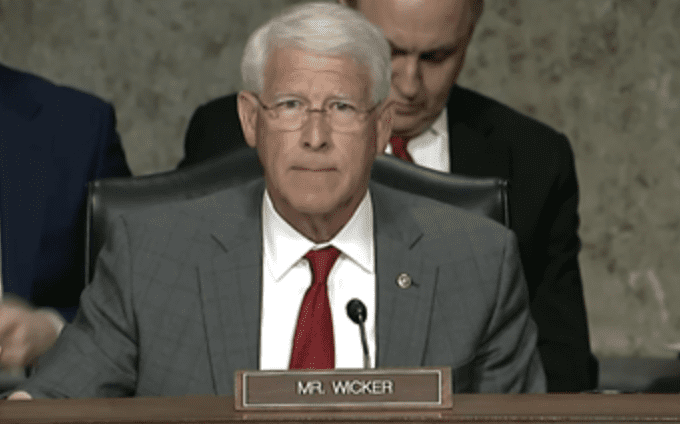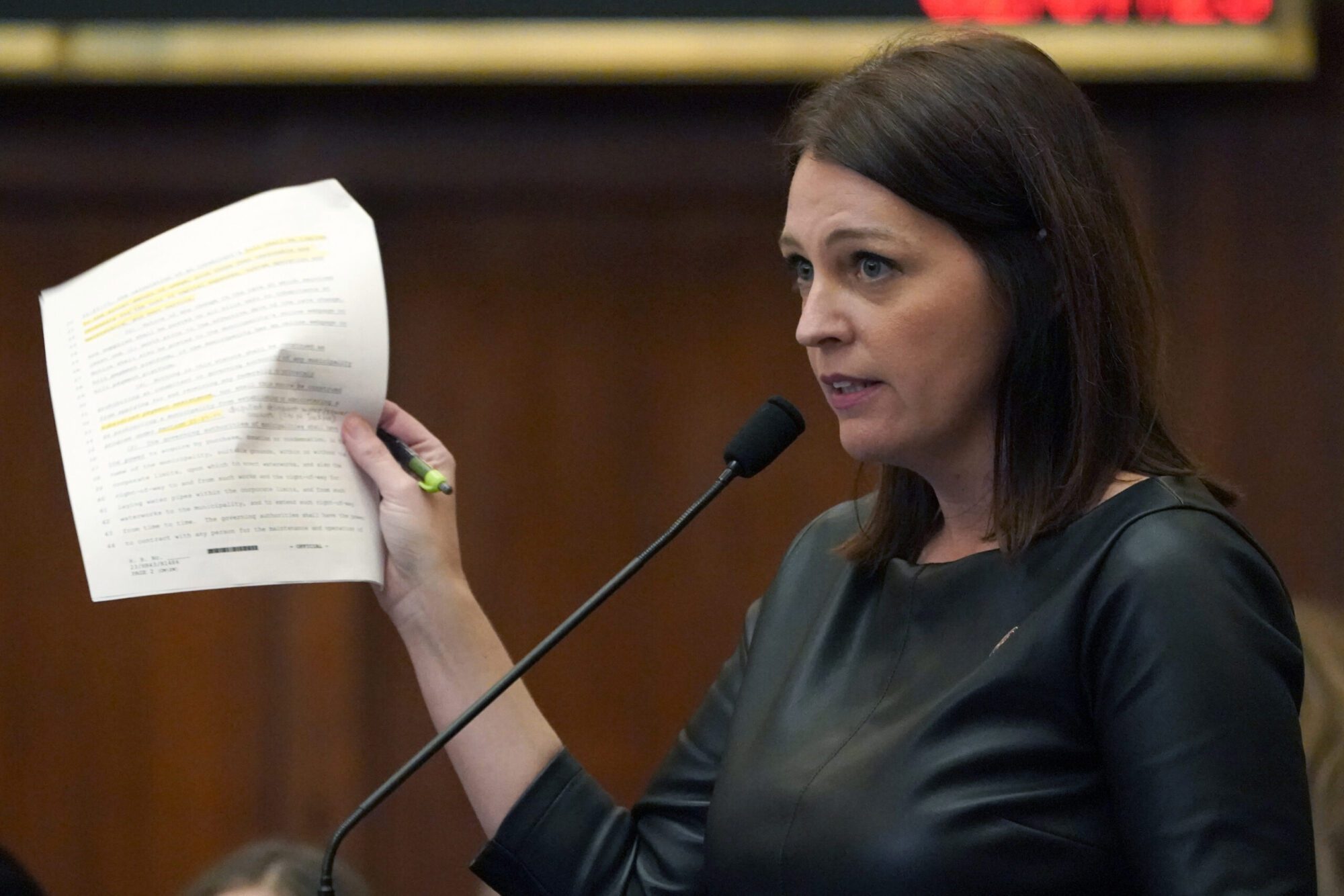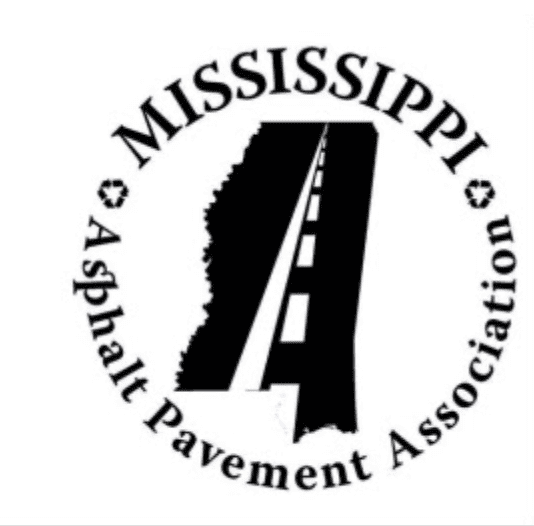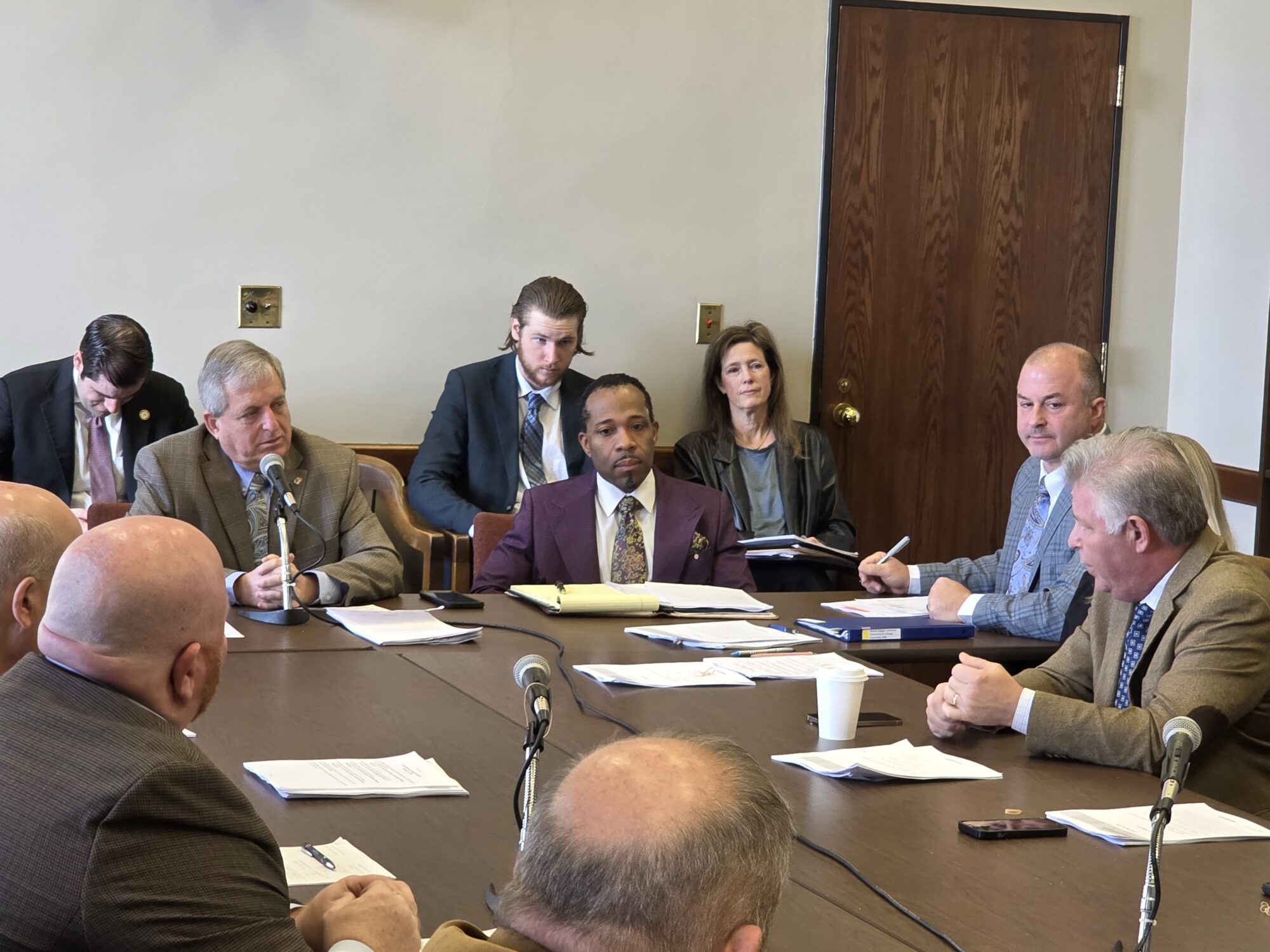
Mississippi Farm Bureau President Shares Challenges of Rural Broadband with National Audience
U.S. Senator Roger Wicker, R-Miss., today convened the Senate Committee on Commerce, Science, and Transportation for a hearing to consider the current state of the nation’s broadband coverage maps and discuss ongoing efforts within the federal government and private sector to collect more accurate broadband coverage data.
Wicker invited Mike McCormick, president of the Mississippi Farm Bureau Federation, to testify about his organization’s attempts to challenge the Federal Communications Commission’s (FCC) flawed Mobility Fund Phase II (MF II) broadband coverage map that showed Mississippi was 98% covered by high speed 4G wireless connections. This coverage map would be used to determine how up to $4.53 billion dollars of federal support for wireless internet infrastructure is spent over the next 10 years.
“Developing accurate broadband maps is a priority for this committee,” Wicker said during his opening statement. “With so much at stake, it is incumbent upon us to find ways to ensure that we have sound understanding of existing broadband availability across the country.”
McCormick shared with the committee the Mississippi Farm Bureau’s efforts to challenge the FCC’s coverage map. The Mississippi Farm Bureau filed a formal request to participate in the challenge process but quickly determined a successful challenge to the map would be difficult.
“As our staff began to review mapping data and the technical requirements to run multiple speed tests applications by carrier and device in each census block, we quickly determined that our organization did not have the adequate resources or staff needed to execute this challenge through this process, nor would the average consumer have this ability either,” McCormick said.
McCormick told the committee the Mississippi Farm Bureau then collaborated with the Mississippi Public Service Commission to submit mobile broadband speed tests through a program the PSC had already established.
Wicker thanked McCormick and the Mississippi Public Service Commission for their efforts to demonstrate the flaws in the FCC’s challenge process. Despite submitting over 8,400 data points to the FCC, no challenge was successful. McCormick attributed the minimal success rate to the “overall complexities of the challenge process itself.”
“Through all the effort that you and the Public Service Commission and other civic minded Mississippians made, we determined that the challenge process is simply unworkable and, frankly, worthless,” Wicker said. “The map is inaccurate, and it is almost impossible using that challenge process to demonstrate this. It needs to be fixed, and no program should go forward unless we are satisfied in the Congress that the process is going to actually touch areas that need it.”
Wicker has repeatedly raised concerns with the map and challenge process. The senator is concerned that a flawed map could “crack open a digital divide” in communities that are poorly served by wireless broadband coverage.
Last May, Wicker introduced legislation that would have required the FCC to extend the challenge process by 90 days. He also led a bipartisan group of 30 senators to call upon the FCC to extend the challenge process and make other changes to the Mobility Fund program. The FCC agreed to extend the challenge process, which officially concluded on November 26, 2018.











